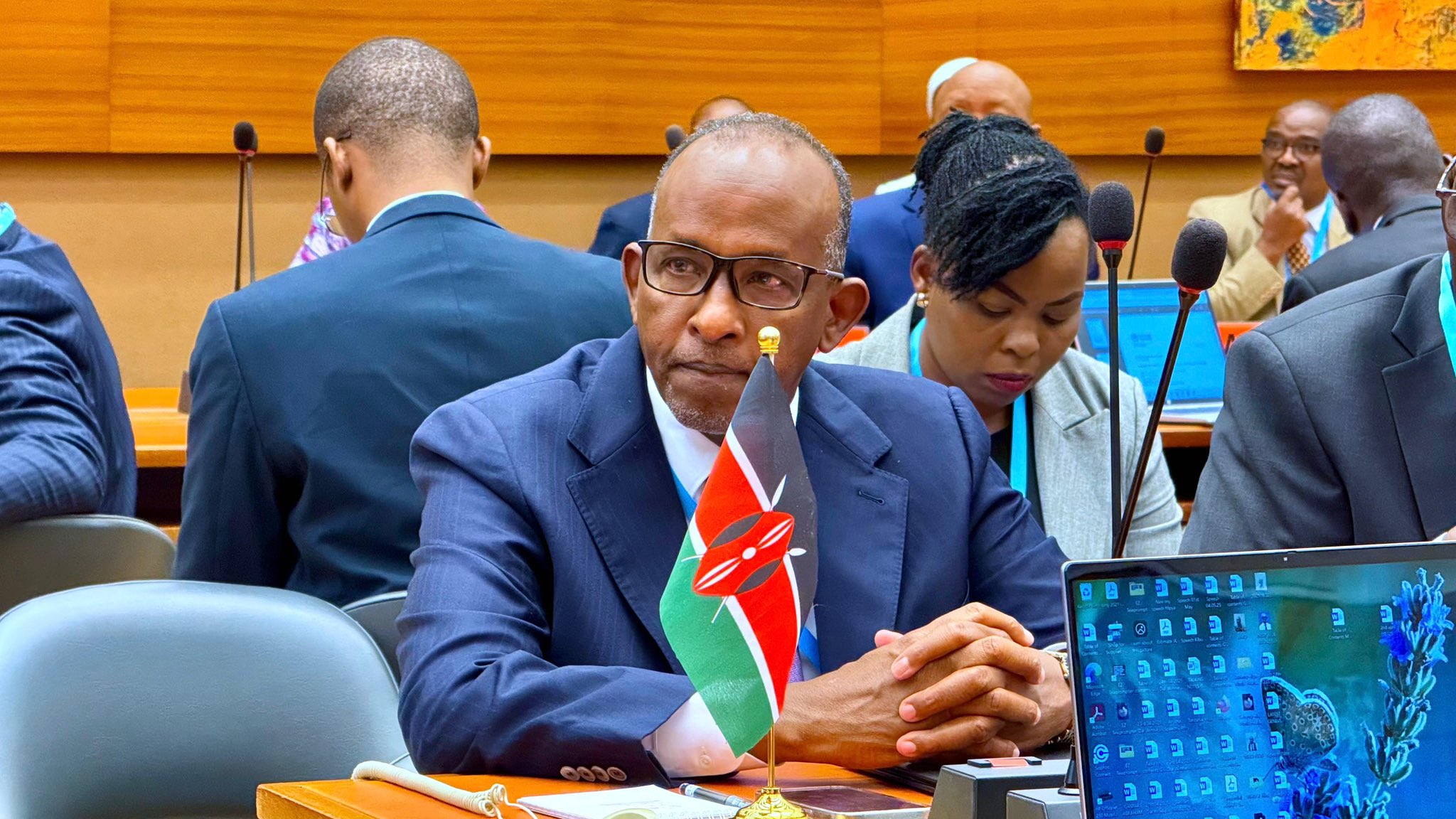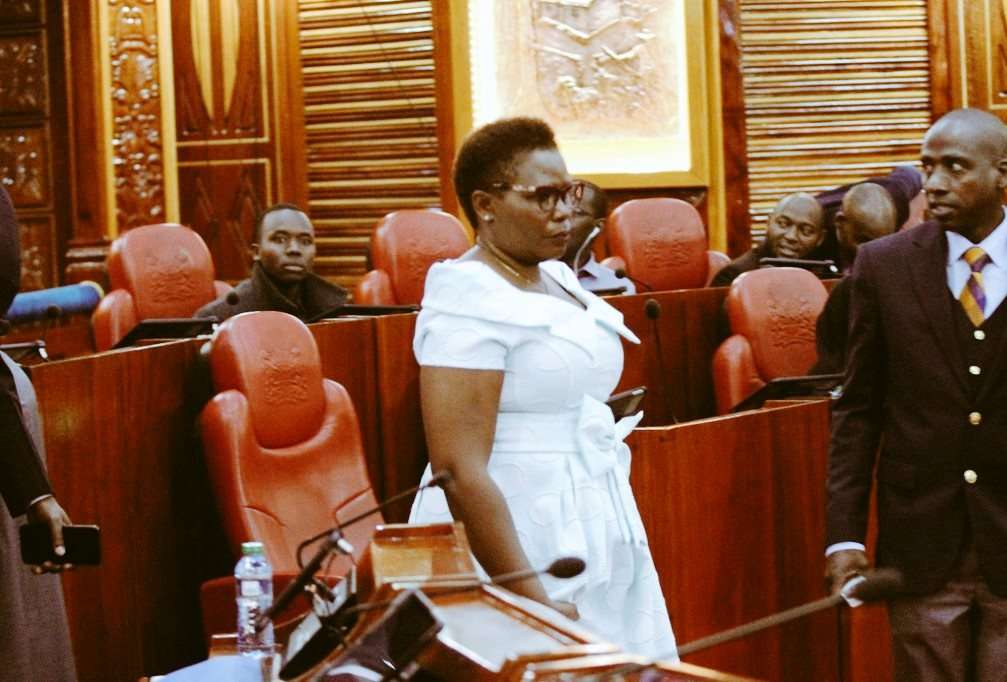By The Weekly Vision Team
Barely one week after the Controller of Budget Margaret Margaret Nyakang’o highlighted the serious incidents of corruption in Governor Johnson Sakaja’s administration, the governor has so far failed to comment on the report. The consensus among residents of the city is that despite the significant revenue generated annually, a huge chunk of the money is lost to corruption.
Residents are aware of the governor’s efforts to renovate and repair streets and pavements within the CBD, but his efforts have been unsuccessful, with the contractor assigned to work on some of the streets having deserted the sites, resulting in hazardous open trenches that pose a threat to the safety of the residents.
Investigations conducted by The Weekly Vision show that the projects are being implemented without any form of public participation, in adherence to the 2010 Constitution. This seems to have given a small group of individuals in the procurement department at City Hall a chance to loot.
Allegations have been made that, under Sakaja’s leadership, Nairobi has suffered a loss of honour and dignity due to his failure to prioritize the implementation of crucial projects. At the beginning of the month, the governor issued a directive for the shutting down of Wines & Spirits establishments near Matatu Terminus. The reason he cited was that Matatu drivers were reportedly causing accidents due to the consumption of readily available alcohol at these venues.
Many people opine that Governor Sakaja should have taken action to prohibit the sale of alcoholic drinks at bars that are near schools and colleges instead. This directive raises questions as to whether the well-being of schoolchildren should have taken precedence over the shutting down of Wines & Spirits establishments near Matatu Terminus.
It is important to note that the governor’s misplaced priorities can have far-reaching consequences, ultimately impacting the entire population. Consequently, despite the prevailing belief that Nairobi is operating smoothly, the reality is that it is not. The governor needs to prioritize matters of development instead of indulging in political games that have no impact on the lives of people.
Some people, however, believe that Governor Sakaja had a promising master plan and a manifesto for Nairobi, but his executives have fallen short in delivering on the commitments he made to the electorate leading up to the last general elections. The governor’s team is not on the same page; they seem to be following a different script. The prevailing power struggle within City Hall has severely hindered service delivery; additionally, the Nairobi County Assembly, tasked with supervising the executive’s activities, has seemingly developed a close relationship with the executive. The assembly has not met expectations in terms of representation, legislation, and oversight.
The governor’s failure to address the hawker menace on the streets of Nairobi is yet another issue that needs to be addressed urgently. Despite promising to relocate hawkers from the CBD by September 2023 during his campaigns, little progress has been made so far.
The governor has failed to open the Kangundo Road market despite its completion. The market remains shut and unused for unknown reasons, yet hawkers are suffering as they lack a modern market to do business in.
Analysts now say that the governor’s chances of securing a second term could be jeopardized unless he takes immediate action to change his leadership style. It may prove difficult for him to convince Nairobians to give him a second term.





